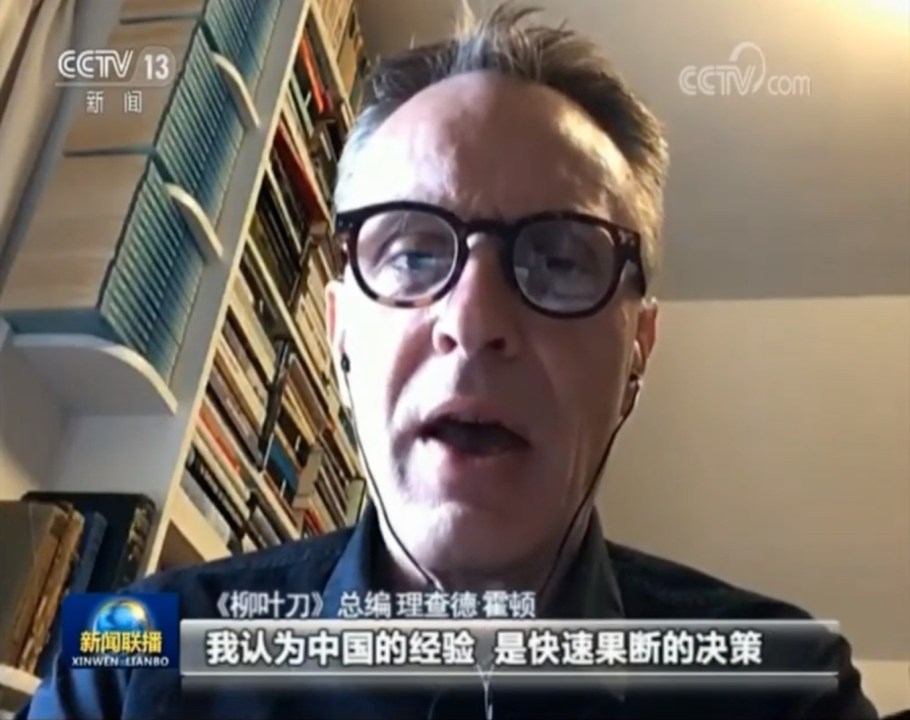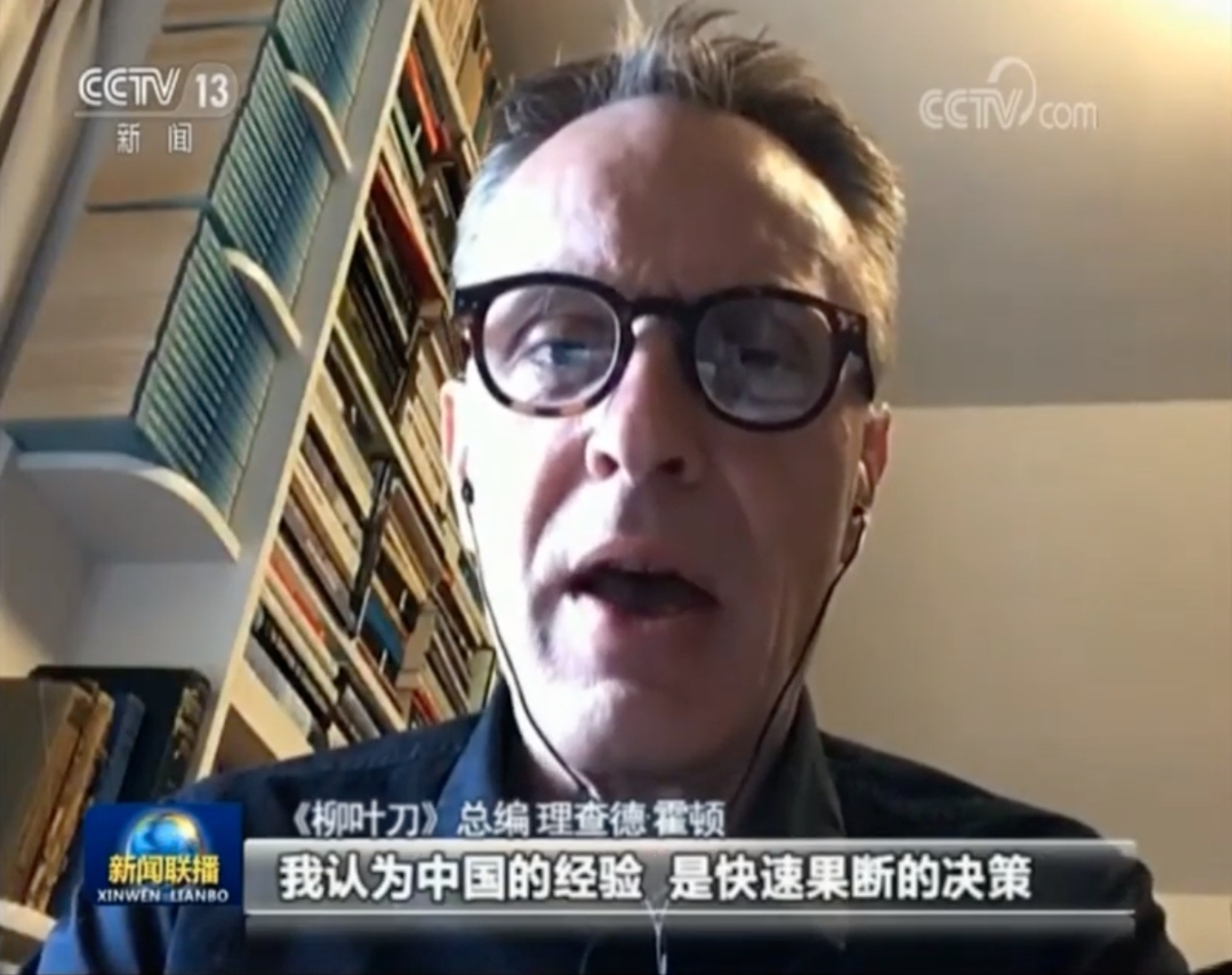Right from its first issue in 1823, the Lancet was more than just an ordinary medical journal. Its founding editor, the dyspeptic surgeon and coroner Thomas Wakley, purposefully gave the journal the name of a sharp scalpel that could cut away useless, diseased tissue: he used it as a campaigning organ, to push back against injustice, bad ideas and bad practice.
What bothered Wakley most was the establishment. Not only did the Royal College of Surgeons care little about quacks and snake-oil salesmen, but its members were also engaged in corruption and nepotism, ensuring that their cronies got the best positions and filling their pockets with lecture fees. Wakley wrote in 1838 of the ‘mercenary, goose-brained monopolists and charlatans’ who won privileges that should have been due to merit. This system was ‘the canker-worm which eats into the heart of the medical body’.
Different times, different canker-worms. The Lancet is still going strong, but it exists in a very different system of academic journals than that of the 19th century. It certainly has a strong radical stance as regards politics, with regular editorials railing against the government of the day’s handling of healthcare and related matters. But as regards medical science, things are quite different: the journal is now very much a part of the system, with all the problems that entails. L’établissment, c’est la Lancette. And because the Lancet has such remarkable reach and such strong cultural cachet, when it makes a mistake, it really matters.
Take the recent revelations from Jeremy Farrar, the head of the Wellcome Trust, who has said in his explosive pandemic book Spike that in January 2020 he urged the Lancet’s editor-in-chief, Richard Horton, to speed up the publication of a paper that would’ve provided the world with the first evidence that the novel coronavirus could spread between humans. He had been tipped off by one of the paper’s peer-reviewers, who was also anxious for the findings to be made public. Horton inexplicably didn’t respond, and it took over a week for the paper to appear: perhaps he was too busy tweeting, as he did that same week, about the ‘moderate transmissibility and relatively low pathogenicity’ of the virus, urging the media not to stoke fears of a — scare-quotes — ‘killer virus’ (he did change his tune relatively soon after this, having realised that SARS-CoV-2 really was a killer).
Farrar’s was an unusual request, to be sure: journals don’t usually have a mechanism to make an under-review paper public. But then again, this was an unbelievably crucial piece of information. The rules could have been bent somewhat for such an unusual circumstance.
The Lancet’s role as the mouthpiece of the medical establishment couldn’t have been clearer either in February last year, when it published a group letter organised by the zoologist Peter Daszak on the origins of the Sars-CoV-2 coronavirus. As well as ‘strongly condemn[ing] conspiracy theories’ that the virus did not have a natural origin, the letter expressed ‘solidarity’ with all scientists and health workers in China, ending with some oddly Soviet-era phrasing: ‘Stand with our colleagues on the front line! We speak in one voice.’
The letter didn’t reveal that Daszak was himself involved with virological research at the Wuhan Institute of Virology, the lab at the centre of the ‘lab leak’ speculation. Medical journals are usually hyper-aware of potential conflicts of interest — for instance, if a clinical trial was funded by a pharmaceutical company — but in this case the Lancet let it slide. It wasn’t until late June (after the original publication of this article) that conflict-of-information statement was added for Daszak.
In retrospect, now that the lab leak theory is taken far more seriously, this looks at best misconceived and at worst rather suspect. None of it makes the theory any more plausible of course (we should remain sceptical but open-minded, and await the results of the continuing investigation). But it was an unforced error.
It’s not just the scientists and health workers of China that the Lancet has praised. In May last year, Horton appeared on the state-owned broadcaster China Central Television to praise how ‘tremendously decisively’ the Chinese Communist party had handled the pandemic. He also penned multiple editorials about China, including one entitled ‘Covid-19 and the Dangers of Sinophobia’. This did mention ‘the case against China’, including ‘the repression of the Uighur people’ and ‘belligerence towards Taiwan’. But it went on to write these off as mere ‘perceived encroachments on liberties’, concluding that, essentially, we should all just get along: ‘a pandemic is a moment for conciliation, respect, and honesty between friends.’
If the modern Lancet has a patchy record in holding the establishment — or, at least, certain establishments — to account, how is it doing in the fight against Wakley’s other bugbear, the quacks and frauds? For that, we have to look beyond the editorial and correspondence pages and into the scientific research published in the journal. Alas, some of the most famous stories of scientific fraud have originated at the Lancet during Horton’s tenure as editor.
The best-known is, of course, that of Andrew Wakefield, the disgraced doctor who managed to get an almost entirely faked paper on autism and the MMR vaccine published in the Lancet in 1998. It wasn’t retracted for 12 years, all the while allowing the worst anti-vaxxers to claim that their ideas had been taken seriously by a prestigious journal.
No less disturbing is the case of Paolo Macchiarini, the flamboyant surgeon who was apparently able to transplant artificial tracheas into human patients. Many of those patients ended up dead, the operations a dangerous failure, but Macchiarini claimed in the Lancet (and elsewhere) that the surgery had been a success.
Other Lancet scandals haven’t concerned outright fraud, but highly questionable research that nonetheless got through the filter. Critics of the Iraq war were re-energised when, in 2006, the journal published a paper estimating that more than 650,000 excess deaths had been caused by the war and subsequent occupation. This seemed almost unbelievable, and indeed other studies found a far lower toll. The authors of the Lancet study were heavily criticised for their methodology — surveying specific parts of Iraqi cities that would have likely had higher tolls, thus inflating the figures — as well as for failing to be open and transparent about important aspects of the research.
That lack of openness is also what caused a firestorm about the PACE trial, a study of exercise and psychotherapy for chronic fatigue syndrome published by the journal in 2011. This was a classic demonstration of the importance of transparency: critics of the study (of whom there are many) had to make a Freedom of Information request and wait years to see the data — at which point they argued that their re-analysis showed far less impressive results than the original.
And even though the Lancet has carried some of the most important research on Covid, it blotted its copybook by publishing, in May 2020, a paper by Harvard researchers claiming that the drug hydroxychloroquine led to a higher death rate in Covid patients. Although it was catnip to those who wanted to get another one over on Donald Trump — an on-the-record fan of the ultimately useless drug — publishing the paper turned out to have been a terrible decision. The Harvard researchers had been given all the results from a dodgy company by the name of Surgisphere, and when they asked Surgisphere for the raw data to check some anomalies, they were rebuffed. None of the Harvard scientists, or the Lancet’s reviewers or editors, had ever thought to check the data before publication. It all resulted in another messy retraction just two weeks after the paper appeared.
Nonetheless, despite the track record I’ve described, it might seem unfair to single out the Lancet in particular. That’s because it’s far from alone in our modern scientific system: a cut-throat world of hyper-competition and perverse incentives, where getting published at all costs is a major goal — even if what you’re publishing is far from reliable.
The Lancet it is also one of many journals run by publishers (in this case, Elsevier) who appear to care less about getting the science right than they do about prestige, attention and citations; who pressure editors to accept exciting and flashy research papers that will hit headlines and garner interest among other scientists rather than ones that are more boring, but more reliable.
The purpose of the Lancet, back in 1823, was to slice away the immorality and complacency of the medical establishment. Although there are many similarities between Wakley and Horton — both using catty editorials to attack their opponents, though only the latter with access to Twitter — Wakley would have been stunned to see that his journal now exemplifies that establishment. It embodies an unaccountable or only partially accountable elite that does often make progress, but fails abjectly to face up to its many faults.
In 2021, we might find that the best rejoinder to our establishment isn’t a new Wakley-style journal, but an entirely new way to think about science and how it’s published: a way that doesn’t hand over all our trust to editors and reviewers, but that emphasises openness and transparency right from the start. There are several proposals for how it could happen. The next rotten thing that needs to be cut away could be the journal system — and the Lancet itself.







Comments